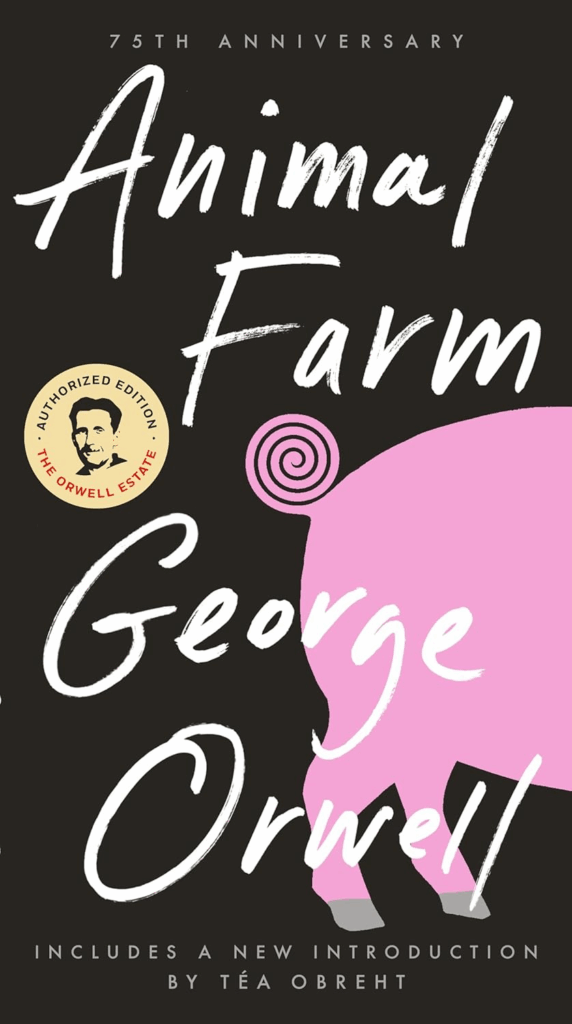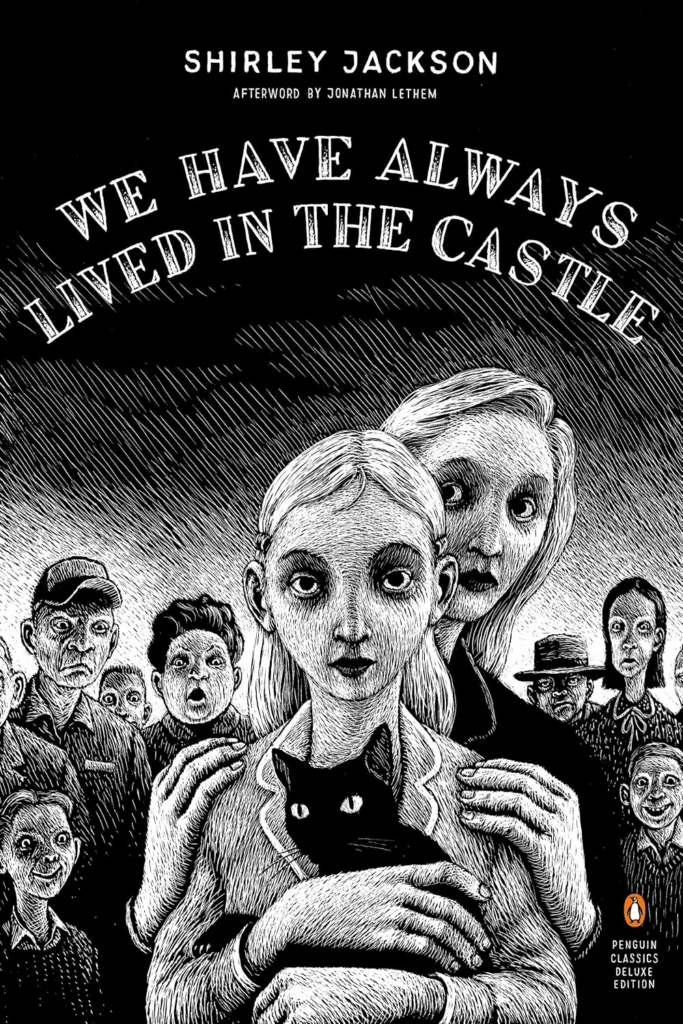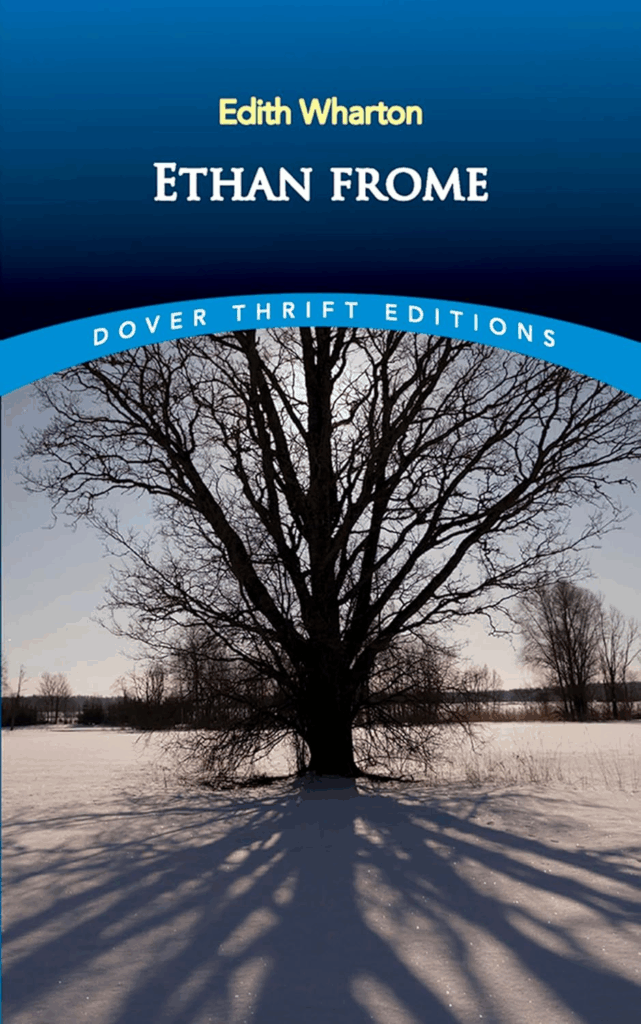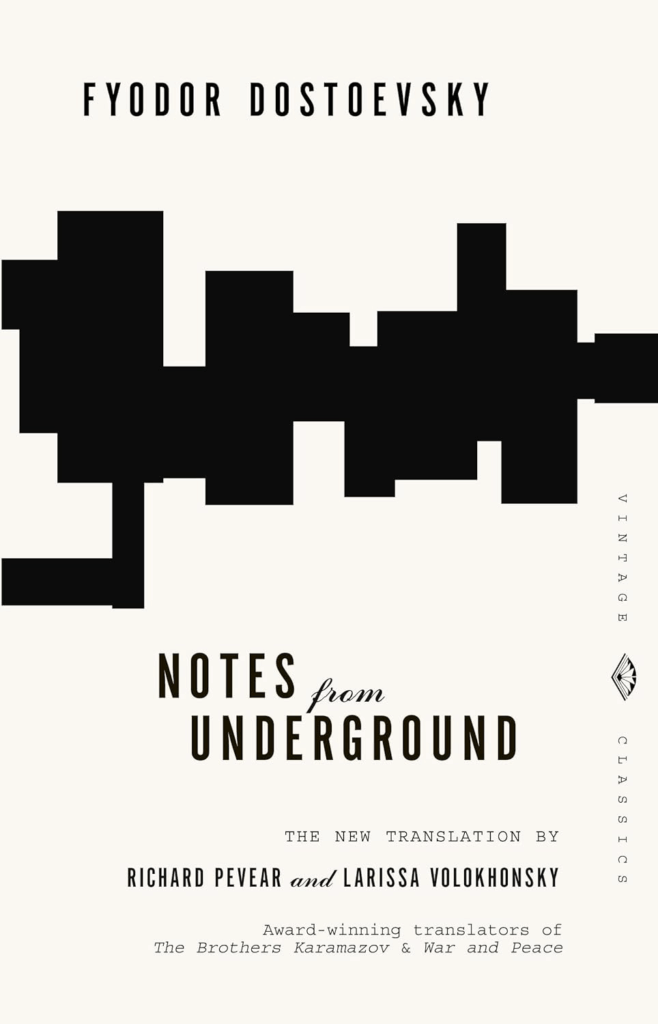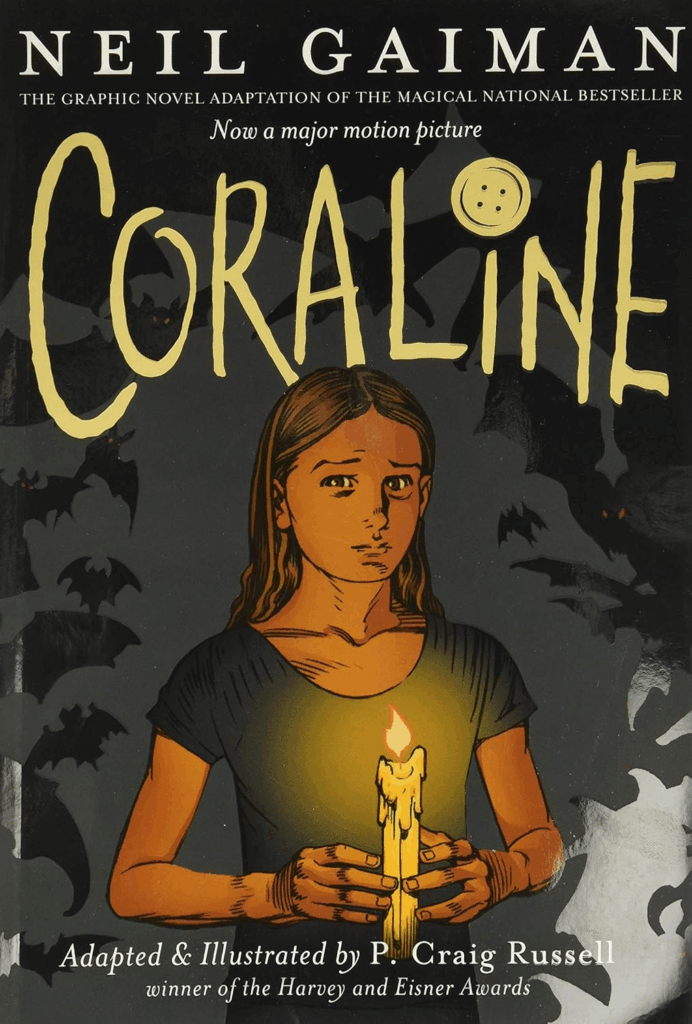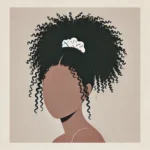Get a free notion reading tracker
Classic Books You Can Read in One Sitting
If you’re craving a literary experience without the long-term commitment of a 500-page novel, you’re in luck. Some of the most powerful, thought-provoking, and beautifully written classic books can be read in just one sitting.
In this post, we’ll explore a curated list of classic short books that are quick reads but leave a lasting impression. They’re perfect for busy readers, students, or anyone who wants to feel the satisfaction of finishing a book in an afternoon.
Why Read Short Classic Books?
Short doesn’t mean shallow. In fact, many short classics are celebrated for their emotional impact, powerful themes, and timeless relevance. These books often use tight narratives, crisp language, and sharp symbolism to deliver a memorable reading experience without filler or fluff.
Let’s dive into the best classic books under 200 pages you can devour in a day.
1. Of Mice and Men by John Steinbeck (~107 pages)
A heartbreaking tale of friendship, dreams, and survival during the Great Depression, this novella explores the bond between two displaced ranch workers. Its simple language masks deep themes of loneliness, loyalty, and the fragility of hope.
2. The Metamorphosis by Franz Kafka (~55 pages)
Waking up one morning to find himself transformed into a giant insect, Gregor Samsa becomes a symbol of alienation and absurdity. Kafka’s surreal masterpiece dives into identity, isolation, and the human condition — all within a brief, haunting story.
3. Animal Farm by George Orwell (~112 pages)
What happens when ill-treated farm animals gang up to throw out their lazy, corrupt, and power-drunk rulers? Animal Farm is born.
As humans get ousted from Manor Farm and animals take control, their utopian fantasy of running a farm on the basis of equality soon begins to crumble before their eyes. The rebellion of the animals, led by the two pigs, Napoleon and Snowball, gives way to corrupt practices that lead to unthinkable consequences.
This political allegory set on a farm might seem like a simple fable, but it’s a sharp, satirical critique of power, corruption, and propaganda.
4. The Stranger by Albert Camus (~123 pages)
The story follows Meursault, an emotionally detached Algerian man who becomes embroiled in a senseless murder and subsequent trial.
Through Meursault’s indifferent perspective, Camus delves into the absurdity of life and the indifference of the universe, challenging conventional notions of morality and societal expectations The novella’s simple yet powerful narrative, combined with its profound philosophical insights, has made it a timeless classic and a staple of 20th-century literature.
5. Breakfast at Tiffany’s by Truman Capote (~100 pages)
More nuanced and bittersweet than the movie adaptation, this novella captures the charm and contradictions of Holly Golightly; a socialite drifting through post-war New York with elegance and mystery.
6. The Old Man and the Sea by Ernest Hemingway (~128 pages)
This Pulitzer Prize-winning story of an aging fisherman battling a giant marlin is both meditative and thrilling. Hemingway’s sparse prose and quiet wisdom make it a powerful read that lingers long after the last page.
7. A Room of One’s Own by Virginia Woolf (~114 pages)
Part essay, part manifesto, Woolf’s exploration of women, writing, and financial independence is still deeply relevant today. A must-read for feminists, writers, and deep thinkers alike.
The main theme of “A Room of One’s Own” is the exploration of the status of women, particularly women artists, and the assertion that financial independence and personal space are essential for women to achieve creative freedom.
8. Bartleby, the Scrivener by Herman Melville (~64 pages)
A bizarre yet compelling tale about a law clerk who simply “would prefer not to,” this story is often cited as an early example of passive resistance. It raises questions about work, free will, and human connection.
9. The Death of Ivan Ilyich by Leo Tolstoy (~86 pages)
“The Death of Ivan Ilyich and Other Stories” is a collection of short stories by Leo Tolstoy, featuring the renowned novella “The Death of Ivan Ilyich.” The stories explore themes of life, death, morality, and the human condition, showcasing Tolstoy’s masterful storytelling and profound insights.
The collection includes other notable stories such as “Polikushka,” “After the Ball,” and “The Forged Coupon,” each offering a unique perspective on the complexities of human nature and society. Through his vivid characters and compelling narratives, Tolstoy invites readers to reflect on their own lives and the world around them.
10. We Have Always Lived in the Castle by Shirley Jackson (~146 pages)
“We Have Always Lived in the Castle” is a gothic tale by Shirley Jackson that delves into the dark and mysterious life of the Blackwood family.
The story is narrated by Merricat Blackwood, an 18-year-old girl who lives with her older sister Constance and their ailing uncle Julian in a secluded mansion.
The family is shunned by the villagers due to a tragic event that occurred six years prior, which left most of the Blackwood family dead from arsenic poisoning.
A gothic classic with mystery, paranoia, and an unforgettable narrator, Jackson’s novel is eerie, elegant, and impossible to put down. A great pick for fans of psychological suspense.
11. The Awakening by Kate Chopin (~128 pages)
This groundbreaking feminist classic tells the story of Edna Pontellier, a woman who begins to question the constraints of marriage and motherhood. Ahead of its time, it explores themes of identity, freedom, and desire.
12. The Ballad of the Sad Café by Carson McCullers (~72 pages)
A haunting and beautifully strange Southern Gothic tale, McCullers’ novella examines loneliness, unrequited love, and the complexities of human connection in a small-town setting.
13. Ethan Frome by Edith Wharton (~99 pages)
Set in a bleak New England winter, this tragic love story revolves around a man trapped in a loveless marriage. Wharton’s restrained prose and emotional depth make it quietly devastating.
14. Notes from Underground by Fyodor Dostoevsky (~136 pages)
One of the earliest existential novels, this darkly introspective work explores a bitter, unnamed narrator’s musings on free will, society, and self-destruction. Thought-provoking and psychologically intense.
15. Coraline by Neil Gaiman (~192 pages)
Although often labeled children’s literature, Gaiman’s eerie and imaginative tale is layered with deeper themes and thrills readers of all ages. A dark fantasy classic in a compact package.
16. The Legend of Sleepy Hollow by Washington Irving (~44 pages)
“The Legend of Sleepy Hollow” is a timeless American short story that transports readers to the eerie and enchanting valley of Sleepy Hollow. Written by Washington Irving and first published in 1820, this classic tale weaves a captivating narrative filled with superstition, romance, and the supernatural.
The story centers around Ichabod Crane, a lanky and superstitious schoolteacher who arrives in Sleepy Hollow to educate the local children. As Ichabod becomes infatuated with the beautiful Katrina Van Tassel, he finds himself in a rivalry with the burly and boisterous Brom Bones. The valley itself is steeped in legend, most notably the haunting tale of the Headless Horseman, a spectral figure said to roam the area.
Final Thoughts
These classic short novels and novellas prove that great literature doesn’t have to be long. Each of these books offers something unique — from political commentary and philosophical insight to heartbreak, humor, and horror. They’re perfect for weekend reads, book club picks, or even a spontaneous afternoon escape.



